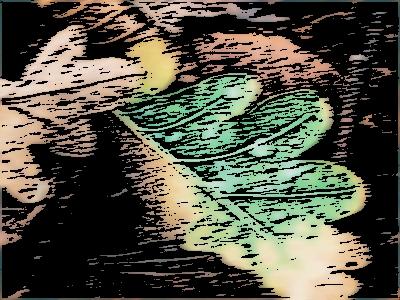
The Future of Nature.
Dr Thomas Bristow
IASH Speculative Lunch December 19th 2016.
Talk at 11.30am, followed by lunch and discussion. Finish approx 1.30pm.
The Future of Nature is the first in a series of new conversations at IASH seeking to facilitate and capture cultural responses to environmental crisis. The terms for emotional engagement with planetary systems appear conditioned by the consequences of massive environmental transformations and the limited means we have to counteract them. This disparity is the context for our desire to seek fresh critical light for environmental narratives. Alert to issues of agency and urgency, we actively respect and wish to respond to the difficulty of calibrating personal symbolism and emotional life stories to the larger arcs of geological time and species thinking.
Scholarship in the Environmental Humanities has collapsed the humanist distinction between natural history and human history. Museums and galleries have responded to this cue by reflecting on their capacity to represent human agency as a geological force. Behind these responses there lies a political tension. Sensitive to this tension, we wish to consider the cultural politics of emotions in response to the idea of memory as recollection or witness of a forgotten past, and those in response to memory that is used to imagine or to create a present or future community. We aim to work alongside the cultural sector as it situates academic understandings of material cultures and their histories within thoughtfully constructed exhibition spaces sensitive to narrative tempo and mode.
The Environmental Humanities network at Edinburgh seeks to examine ethical ways of imagining and narrating our moment in history. Combining the expertise of practitioners and scholars, the series at IASH places human history within an ongoing evolution of the more-than-human world. Variously conceived, our environments sometimes exclude us, foster well-being, or they are encountered as sources of distress or pleasure. Our conversations are aimed towards the storage and retrieval of those very feelings; attentive to their sources, registers, and tones.
Discussion points for creative partnerships:
- In what ways might we revisit our archives, collections, images with a view to representing deep time?
- Can slow media engage a variety of publics to imagine our environmental futures?
- How can we assess the capacity of an artwork or a gallery to incite or embody affect?
- What nuances does the Anthropocene bring to all the issues raised above?
Guests will be invited to return to IASH to continue this conversation and respond to a series of short presentations on these themes during the afternoon of February 22nd, 2017.
For booking, please email: info@iash.ed.ac.uk
